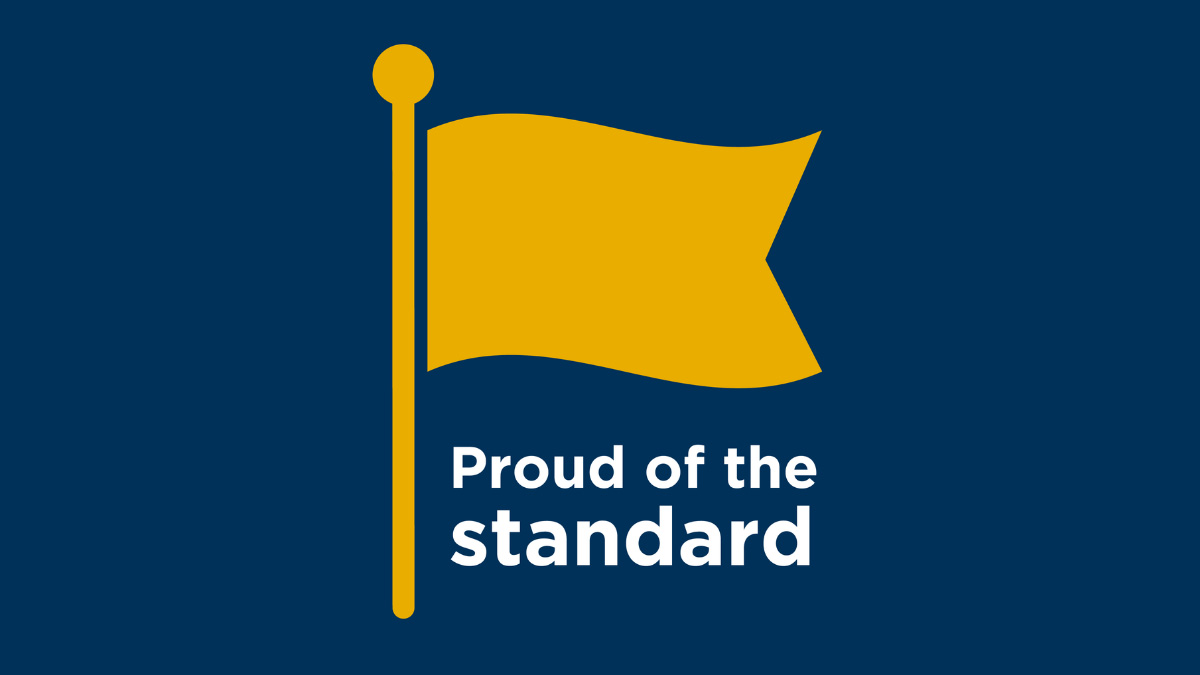 For over 150 years, the IFoA has set professional standards for the actuarial profession. During the last three years, we have worked with members to redesign our processes to ensure that they are proportionate, constructive, and provide the best value for the actuarial profession in the 21st century.
For over 150 years, the IFoA has set professional standards for the actuarial profession. During the last three years, we have worked with members to redesign our processes to ensure that they are proportionate, constructive, and provide the best value for the actuarial profession in the 21st century.
This work saw us:
To celebrate this profession-led transformation, we asked six prominent members to reflect on the role of regulation in their careers.
“As President, I met with a lot of people who I wouldn’t have met with in my day job, at government level and with many of the regulators and general users of actuarial services. And you begin to understand just how important the existence of good regulation is in that external market place. For them, knowing that there’s a Code and standards underpinning our work is of immense value.
“It’s absolutely essential that the profession is seen to drive regulatory change, where necessary, and in a timely manner. We don’t want scandals and pressure coming from elsewhere. We need to be driving the change. That way the profession can retain control, get on the front foot and ensure that that regulation remains relevant to what we do, is fit for purpose and does not impose an undue burden on us or the users of our services.”
Watch the full interview with Jane
“Everybody benefits [from profession-led regulation] in the sense that the regulators benefit because they’ve got people complying with regulation, who believe in it, who think it’s practical, who’ve signed up to it. The people who actually have to meet the demands of the regulation also benefit in that they thoroughly understand what’s being asked for, that we’ve debated how to do it, whether it’s reasonable, whether it’s proportionate. That collaboration has to help everybody.
“Actuaries deal with a lot of subjective data, a lot of subjective assumptions, methods, models. Data is not complete, you’ve got risks and uncertainties. People are placing trust in actuaries. If you can’t trust actuaries, if you lose that reputation, that’s just going to increase scrutiny and it’s just going to make life difficult for all actuaries.”
Watch the full interview with Kalpana
“Originally, actuaries typically fulfilled two or three very set, prescribed roles that were defined in regulations. Whereas, over the years, that has expanded to a wider and wider set of roles and that has been reflected in the regulation that the IFoA has produced, so that’s been very helpful.
“The new CPD scheme, I would say, allows us to focus on the things that matter to each individual actuary. They allow the actuary to have a discussion with a peer that helps them develop a learning plan from year-to-year and to evolve that with their own working environment, making sure that they're focused on learning, but also that it’s suitably adapted to the work and development that they need to do as an individual.”
Watch the full interview with Douglas
“As a student actuary and early on in your career, you probably don’t think about regulation very much. It’s more as I got more experienced and worked for financial services regulators that I thought about the regulation of professions. It was when I was on the board of the Casualty Actuarial Society in the States and I got involved in understanding and helping to change – although not very much! – the American disciplinary system for actuaries. So I was comparing and contrasting the two systems. Interestingly, in America they don’t make disciplinary cases public, which I think is a mistake. Because first of all, you can’t learn from them, and, secondly, you don’t know who’s been disciplined and who hasn’t. So I think our scheme is much better for having that transparency.
“People think about disciplinary stuff in too negative a way. It is actually an opportunity for learning, learning from other people’s cases and learning from an actuary’s own case, where they can do that.”
Watch the full interview with Kathryn
“The reflective practice discussions, I think, are a great innovation and something that I’ve been involved with at The Pensions Regulator. The ability to share ideas and thoughts and concerns have been incredibly valuable. And I think all of us who have been involved with them have found them incredibly useful in terms of our day-to-day work, looking at the things that we should be focusing on to develop ourselves for the future.”
Watch the full interview with David
“The other thing we’ve launched recently is a new DEI policy. Obviously, that’s a huge topic and has grown significantly in importance in the last couple of years. I think it’s very important for our members and also the new members that we bring on as well.
“All these things interact, the principles, the regulations, the DEI policy – they all come together and provide a supportive framework.
“The other thing is just making all of that more accessible. They’re all much easier to navigate than they were three or four years ago. Hopefully, that’s how members feel about things as well!”
Watch the full interview with James